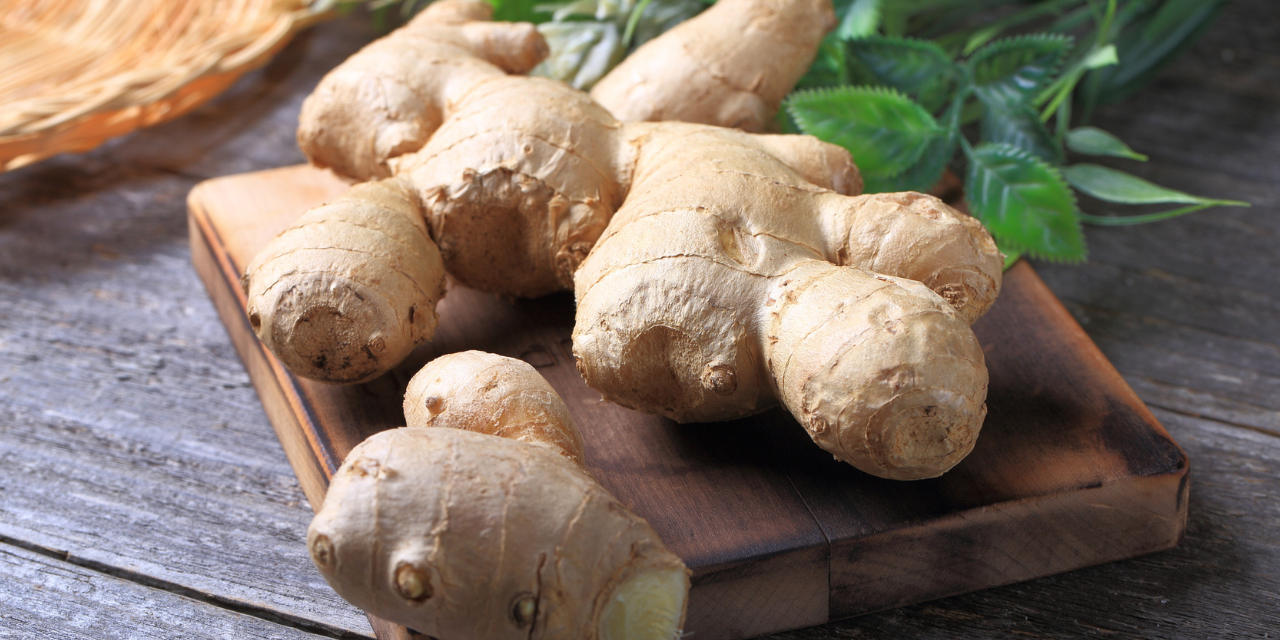
What About Polyphenols for Gut Health?

When it comes to improving gut health, virtually everyone thinks about probiotic supplements, drinks, and foods. Simultaneously, virtually no one ever thinks or asks about polyphenols for gut health. This is not unreasonable, as polyphenols have never been promoted as a healthy modulator of the microbiota, so most people are unaware of this well-documented relationship (1,2). In contrast, fermented foods have been around for all of our lives, so we don’t think about how they became foods or developed a healthy reputation. The same thing holds true for the abundance of probiotic supplements.
With the above in mind, we need to also appreciate that at some point in history, people had to make the choice to eat foods that were fermenting and then learned about their safety, health benefits, and shelf life or eating window. When this happened, I do not know; however, we do know that fermented foods were consumed by early African, Egyptian, and Chinese cultures, so they have been around for thousands of years (3,4).
It is important to recognize that the people of our early cultures would have consumed fermented foods in addition to other healthy whole foods. They also would have been physically active more than today by virtue of having less technology and automation. In contrast, today people believe that eating yogurt or taking a probiotic supplement can make up for eating an unhealthy diet, which is not possible to any appreciable degree, especially if someone is obese and hyperglycemic, which is known to be correlated with dysbiosis. In contrast, we must also appreciate that people can live a healthy life for 80 or more years and rarely eat fermented foods, so, observationally, we clearly do not need fermented foods or probiotics to maintain a health gut and body. So it is reasonable to question the habit of taking probiotics – is it worth it and are they necessary?
Research clearly demonstrates that probiotics do have positive effect on gut health, so I would not dissuade one from taking them; however, their effectiveness should be put in perspective. Some people who take probiotics have great outcomes, while others experience no beneficial symptomatic changes – it depends on one’s prevailing inflammatory state. This means that the first step to improving gut health is to achieve an appropriate body weight and normalize glucose levels. While engaged in this process, it would be wise to take both supplemental probiotics and polyphenols.
It turns that the polyphenols in vegetation have a profound modulatory effect on our gut microbiota (5). In fact, evidence suggests that carotenoids from vegetation are readily absorbed, while polyphenols are absorbed less efficiently and so travel to the colon where they modulate bacteria to help maintain a state of homeostasis and symbiosis with human cells (6).
Ginger is one of the best sources of anti-inflammatory polyphenols, because it is very cheap as the raw herb or as a supplement. Turmeric is more expensive than ginger and is known to be poorly absorbed, which is why it is great for gut health. To be clear, all polyphenols have a beneficial effect on the gut, so your supplemental and dietary options are vast.
References
1. Kemperman RA et al. Novel approaches for analysing gut microbes and dietary polyphenols: challenges and opportunities. Microbiology. 2010;156:3224-31.
2. Moco S et al. Metabolomics view on gut microbiome modulation by polyphenol-rich foods. J Proteome Res. 2012;11:4781-90.
3. Odunta SA. African fermented foods: from art to science. MIRCEN Journal. 1988;4:259-73.
4. Anukam KC, Reid G. African traditional fermented foods and probiotics. J Med Food. 2009;6:1177-84.
5. Rastmanesh R. High polyphenol, low probiotic diet for weight loss because of intestinal microbiota interaction. Chemico-Biological Interaçtions. 2011;189:1-8.
6. Seaman DR. The DeFlame Diet: DeFlame you Diet, Body, and Mind. Wilmington (NC): Shadow Panther Press, 2016.

















